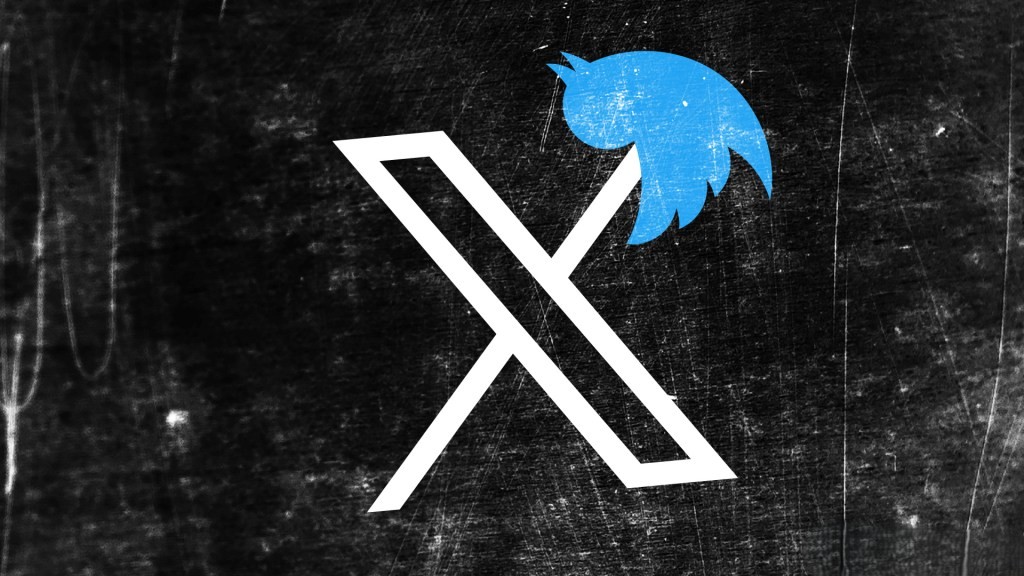In a significant legal development, a federal judge has issued a preliminary injunction against the Federal Trade Commission’s (FTC) investigation into Media Matters, a progressive advocacy organization. This decision underscores the ongoing tension between governmental regulatory bodies and media watchdog groups, particularly concerning issues of free speech and press freedom.
Background of the Dispute
The origins of this legal battle trace back to 2023 when Media Matters published a report revealing that advertisements from prominent companies were displayed alongside antisemitic and other offensive content on X, the social media platform formerly known as Twitter, owned by Elon Musk. This exposé led several major advertisers to withdraw their support from the platform, prompting X to file lawsuits against Media Matters, advertisers, and advertising groups, alleging a systematic illegal boycott.
FTC’s Investigation and Judicial Response
Following the re-election of Donald Trump in January 2025, the FTC initiated an investigation into whether Media Matters had unlawfully coordinated with advertisers to orchestrate these boycotts. However, on August 16, 2025, Judge Sparkle L. Sooknanan of the District of Columbia, appointed by President Joe Biden, granted a preliminary injunction to halt the FTC’s probe. In her ruling, Judge Sooknanan emphasized that Media Matters’ publication constituted quintessential First Amendment activity and characterized the FTC’s extensive investigative demands as potentially retaliatory.
It should alarm all Americans when the Government retaliates against individuals or organizations for engaging in constitutionally protected public debate, Judge Sooknanan stated. And that alarm should ring even louder when the Government retaliates against those engaged in newsgathering and reporting.
Concerns Over FTC Leadership and Impartiality
The judge also highlighted concerns regarding the impartiality of FTC Chairman Andrew Ferguson. Prior to his appointment, Ferguson appeared on Steve Bannon’s podcast, advocating for the FTC to investigate progressive groups that critique online disinformation. Subsequently, he appointed several senior staffers who had previously made public comments about Media Matters, raising questions about potential bias within the agency.
Impact on Media Matters and Broader Implications
The legal actions initiated by X have already had tangible effects on the organizations involved. Media Matters has been compelled to reduce its staff, with one former researcher now pursuing a congressional seat. Additionally, the World Federation of Advertisers has discontinued its brand safety program, citing financial strains.
Judge Sooknanan noted that the FTC’s investigation has had its intended effect, leading Media Matters to reconsider pursuing certain stories about the FTC, Chairman Ferguson, and Elon Musk. This situation raises broader concerns about the potential chilling effect on journalistic endeavors and the essential role of watchdog organizations in holding powerful entities accountable.
Conclusion
This case serves as a pivotal moment in the ongoing discourse surrounding free speech, press freedom, and the boundaries of governmental authority. The outcome of this legal battle may set significant precedents for the relationship between regulatory bodies and media organizations, particularly in an era where digital platforms play a central role in public discourse.



